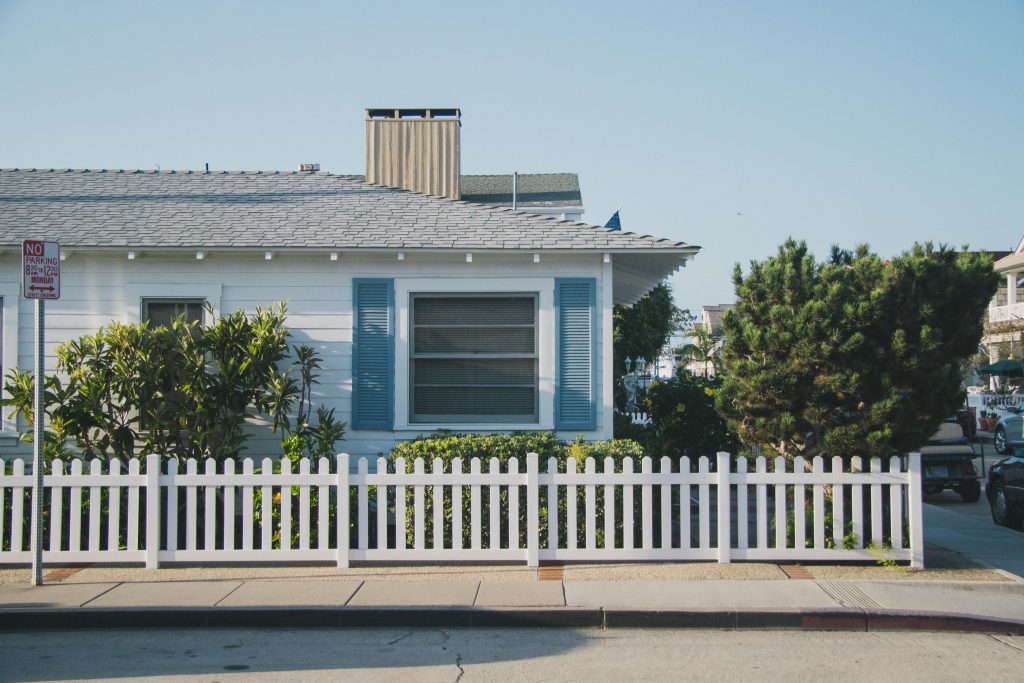
By Susan Barreto, Alternatives Watch
Boasting a total of 150 first lien mortgages in its main income fund, Aloha Capital is at the ready to seize a private lending opportunity that is helping to fuel investment opportunities within the growth of the U.S. housing market.
The firm has been structuring a series of bridge loans to developers ranging two to three years duration that are offering opportunities for investors looking for higher yielding investments, according to Aloha Principal Chris Jones.
The firm’s overall assets remain sub-$100 million, but the potential to grow is great as the firm has seen demand on both the investor side from those looking for a liquid lending vehicle as well as among lenders seeking capital to help meet the growing demand for residential property in a number of cities including in the metro Denver area and Indianapolis.
“Mortgage rates remain near 50-year lows, and there’s no sign yet of distressed sellers from the recession coming out. We expect these factors to push prices even higher in the first half of the year,” wrote Aloha’s Steve Sapourn in an analysis earlier this year.
According to Aloha, lending offers a lower risk approach to real estate investing with the backing of the loans by hard assets.
Real estate overall is expected to boom as an inflation rises as does the demand and value of housing. Consulting firm Verus found in a recent report on real assets that core real estate vintage funds have historically outperformed during recessionary years and early recovery periods.
A recent study from AFIRE, the association for real estate investors focused on commercial property in the U.S. finds that investor appetite is on the rise.
In a survey of investors, the association found that three in four respondents plan to increase their US real estate investment in the next three to five years.
While the top three factors attracting investment into the US (quality of assets, portfolio diversification, and income return) are consistent and the range of assets available in the U.S. as well as ease of doing business are substantive motivating factors for U.S. investments, according to AFIRE.
The enthusiasm for increased exposure in multifamily and industrial was already trending upwards in 2020 and continues in 2021 with investors pledging increased exposure. Meanwhile, office and retail have continued to cool, based on social and technological trends accelerated by the pandemic, as investors broadcast intentions for decreased exposure.
And when it comes to direct lending with a mix of real estate exposure, Aloha is far from being alone in capitalizing on the growing opportunity.
Dwight Capital recently said it financed over $364 million in May alone. Among New York-based Dwight’s closings were HUD loans for Springs development in the Chicago suburbs and Greystone at Widewaters in North Carolina, and a cash-out bridge loan for Golden Gate Townhomes in Georgia.
As one of the largest FHA/HUD lenders for multi-family and healthcare properties in the U.S., Dwight officials said the firm has handled more than $7.5 billion of commercial real estate loans.
Appetite for both real estate and credit strategies continues with little end in sight. In Alternative Watch’s recently released Investor Compendium, we tracked $28 billion in 2020 real estate mandate activity among some of the world’s largest investors, while another $20 billion in private debt capital activity took place over the same time frame.


Leave a Reply